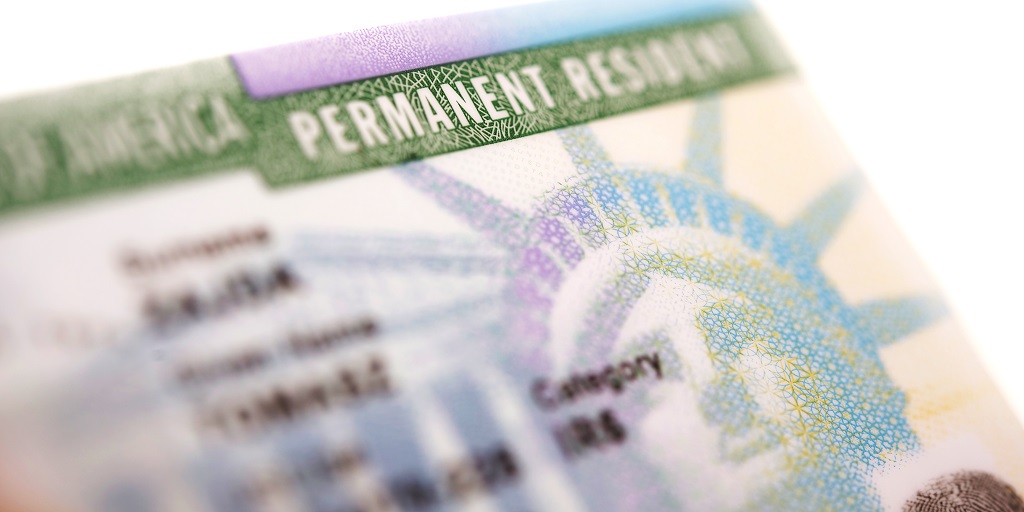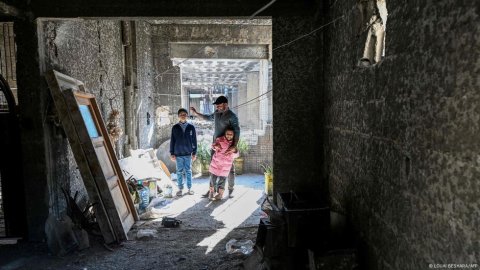Understanding the Halt on Green Card Processing for Asylees and Refugees
The Trump administration’s decision to halt the processing of green cards for asylees and refugees has created significant waves in the immigration community. This move has not only affected those seeking refuge in the United States but has also raised alarms among advocates and policymakers about the broader implications for the U.S. immigration system.
The Context of the Decision
Under the Trump administration, various policies aimed at tightening immigration controls were implemented. One of the most controversial aspects was the suspension of green card processing for individuals who had fled persecution and sought asylum or refugee status in the U.S. This decision was part of a broader agenda to limit immigration and reinforce national borders.
The U.S. has a long-standing tradition of providing sanctuary to individuals fleeing violence, oppression, and persecution. However, the new policies raised questions about the commitment to this humanitarian principle. The halt in processing green cards for asylees and refugees not only impacted individual lives but also had significant repercussions for U.S. foreign relations and international standing.
Impact on Asylees and Refugees
The decision to suspend green card processing led to a series of challenges for asylees and refugees. Here are some of the most pressing issues that emerged:
Legal and Humanitarian Implications
The implications of halting green card processing extend beyond individual cases. The decision raises numerous legal and humanitarian concerns:
Advocacy and Responses
In response to the halt on green card processing, various advocacy groups and organizations rallied to support asylees and refugees. They highlighted the importance of maintaining a robust immigration system that honors the U.S.’s humanitarian commitments.
Efforts included:
The Path Forward
As the Biden administration took office, there was hope that changes to the immigration system would occur, including the resumption of green card processing for asylees and refugees. The new administration expressed a commitment to restoring fair and humane immigration policies that support those in need.
The path forward will involve not only reinstating green card processing but also addressing the systemic issues that have plagued the immigration system for years.
To achieve this, a multi-faceted approach is necessary:
Conclusion
The Trump administration’s halt on green card processing for asylees and refugees serves as a stark reminder of the complexities surrounding immigration policy in the United States. Advocates, policymakers, and the community at large must continue to work together to ensure that the U.S. remains a beacon of hope for those seeking refuge from persecution and violence.
By fostering a more inclusive and supportive immigration system, the U.S. can uphold its values and affirm its commitment to human rights and dignity for all.






